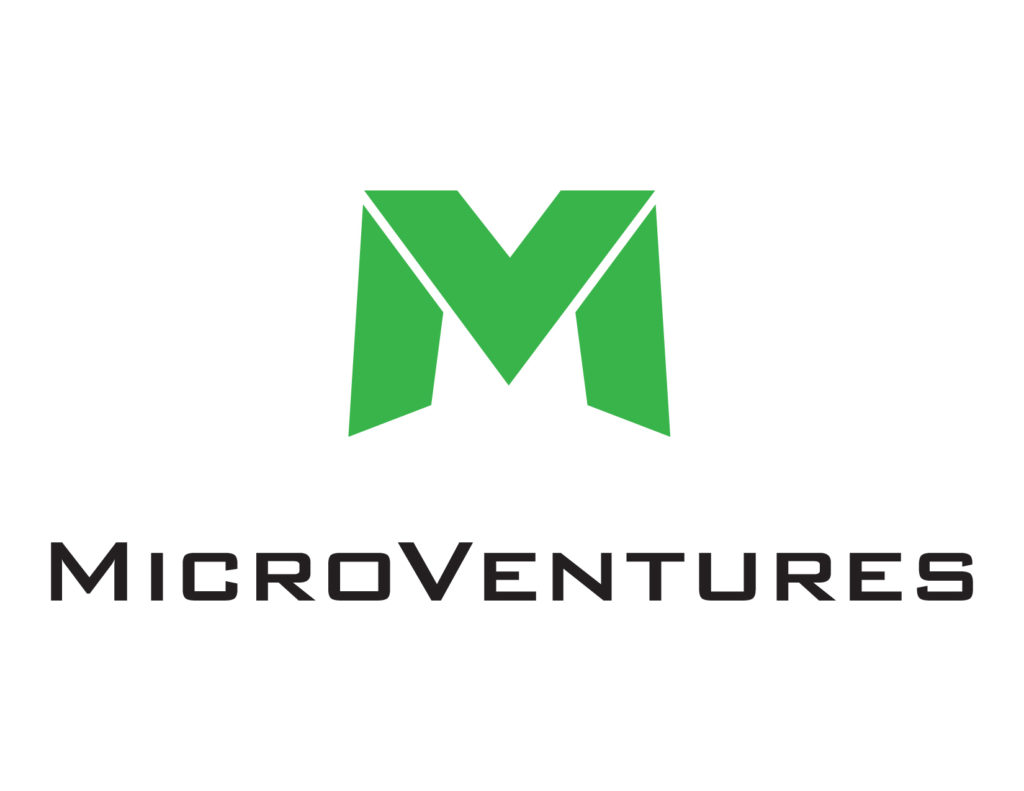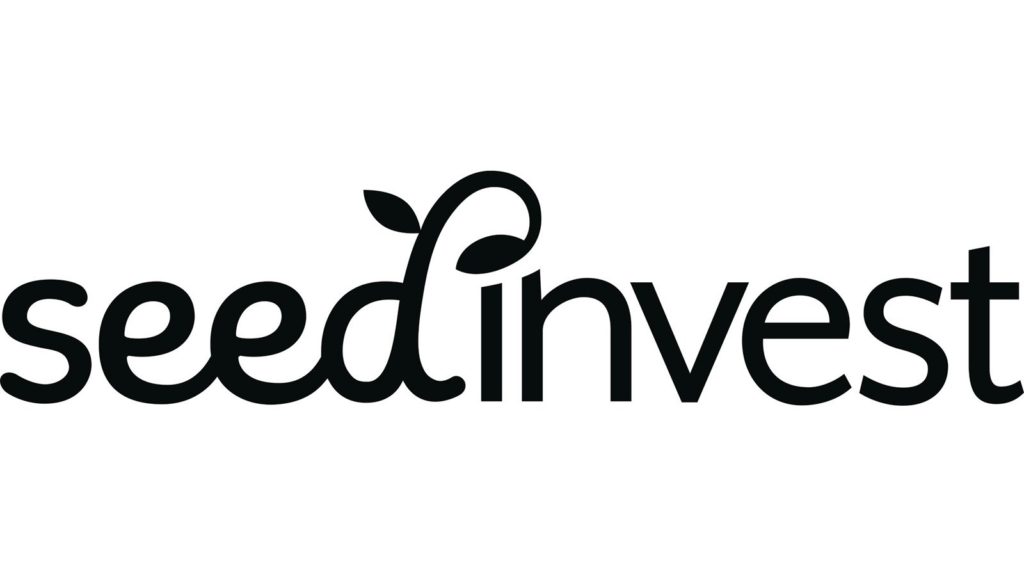Have you heard the news?
Equity crowdfunding is sweeping the entrepreneurial landscape, empowering companies in the startup phase to raise capital from a crowd of both accredited and non-accredited investors.
It’s basically an online Shark Tank, only the people giving you the capital in exchange for equity aren’t billionaires — they’re regular people who want to see your business succeed.
Equity crowdfunding is a very new concept, capitalizing on a provision in the 2012 Jumpstart Our Business Startups (JOBS) Act.
Nevertheless, in a short amount of time the industry has seen huge growth. And with that growth, many great platforms have emerged for you to list your project.
Generally, WeFunder is accepted to be the leading equity crowdfunding site, accounting for about 33% of all funds raised with the equity model — the largest share of any platform.
However, there are other sites that might be a better fit for your project. In this article, we’re taking you through some alternatives to WeFunder so that you can find the best possible platform to catapult your small business’s growth.
Let’s get started!
StartEngine
StartEngine, largely considered WeFunder’s largest competitor, accounted for 30% of all Reg CF dollars raised during the fiscal year 2020.
Mr. Wonderful Kevin O’Leary — the infamous investing shark — serves as the face of the platform. Over the years, more than 400,000 prospective investors have joined the StartEngine community — meaning that there is a significant crowd that could be willing to contribute to your fundraise.
To date, StartEngine has put up some pretty incredible stats:
- $350M dollars raised
- 500+ offerings successfully funded
- Publicly traded: current valuation set at $220M
While StartEngine is still running a bit behind WeFunder; they could be set to overtake them in 2021, as they had nearly 12,000 more active investors than WeFunder in 2020.
Want to see StartEngine and WeFunder head-to-head? Visit this comprehensive article: StartEngine vs. Wefunder.
MicroVentures
Microventures hasn’t gained as much traction as WeFunder or StartEngine, they have some big-name companies in their portfolio that have successfully fundraised on the platform, including:
- AirBnB
- Robinhood
- Uber
- Lyft
- Slack
You can check out their full portfolio here.
The platform’s calling card is a thorough vetting process that tends to be stricter than WeFunder, which can make it more difficult for early-stage startups to get their foot in the door.
But if you’ve already generated some significant revenue, MicroVentures could be a great fit. Their 190,000 person investor community is extremely active, contributing 400M+ to bring startups to life to date.
Republic.co
Republic was responsible for the third-most funds raised in 2020 behind WeFunder and StartEngine, proving itself as a major player in the equity crowdfunding space. It’s especially popular for categories such as:
- Real Estate
- Crypto
- Video games
Republic’s investor community is undeniably robust. Their network boasts over 800,000 members, with almost 40% of that community putting money towards a startup in 2021.
So if 320,000 people backed an equity campaign on Republic in 2020, why didn’t the platform capture the largest percentage of funds raised?
Two words: check size.
Republic investors average check size is significantly lower than both WeFunder and StartEngine. While this shouldn’t be a huge deterrent for you — attracting high-stakes investors is possible on any platform — keep in mind that the general audience for Republic is a bit tighter with their funds.
EquityNet
EquityNet was the first-ever business crowdfunding platform, launching way back before the JOBS Act in 2005.
Since that date, the platform has allowed more than 1,000 companies to raise in excess of 500M.
One of the biggest draws about EquityNet (for creators) is that their vetting process is extremely mild. Unlike MicroVentures that accepts a small percentage of applicants, EquityNet doesn’t prescreen at all, meaning that any business can get listed quickly.
EquityNet’s community also contains more than 25,000 accredited investors, including individuals, VCs, and angel groups.
So if you can catch their eye, that could mean a big dump of funding into your campaign.
SeedInvest
SeedInvest is another platform that prides itself on its vetting process. In fact, their prescreening is so intensive that less than 2% of all startups that apply are accepted.
Additionally, their minimum investments are higher at $500, unlike platforms for WeFunder where investors can participate for as little as $100.
SeedInvest is all about quality over quantity. Their 500,000 person investor community has helped more than 235 successful offerings raise $300M+, with many of their campaigns wandering into the 7-figure range.
Generally, listings on SeedInvest center around technology. So if you have a tech company that has already seen some significant traction, SeedInvest could be a great opportunity to raise some significant cash for your business.
Conclusions: Which Equity Crowdfunding Site Should You Use?
We hope that this article was helpful for you to identify some potential alternatives to WeFunder — the leader in equity crowdfunding.
When it comes to choosing which platform is right for you, you’ll have to consider your particular project.
What platforms have provided similar companies successful raises?
What type of offering would you like to make?
Make sure to ask yourself these questions before you proceed. And if you’d like to continue with your research, stick with us here at CrowdCrux. We’re leading the conversation surrounding equity crowdfunding, and we have some great resources for you:
- Subscribe to the CrowdCrux email newsletter for weekly insights directly to your inbox.
- Visit our Youtube Channel for all the best insider tips, tricks, and secrets.
- Check out the Crowdfunding Demystified Podcast and this book for interviews with wildly successful creators who have run six- and seven-figure campaigns.
- The book: Equity Crowdfunding Explained
Want expert help in applying tried and true best practices to ensure a successful fundraiser? Book a coaching call with the founder of CrowdCrux Salvador Briggman. We’ve worked on equity campaigns before, and we’re ready to bring your project to the next level!
Good luck with your equity crowdfunding campaign. We’re here to guide you, should you need us.










